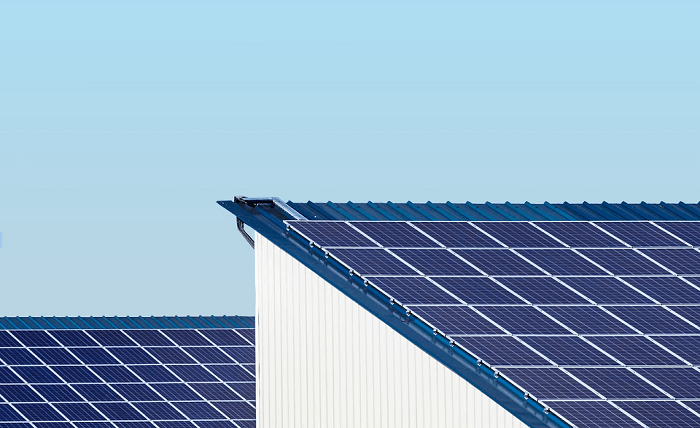Solar power systems are becoming increasingly prevalent as more people recognise their potential to reduce energy costs, decrease dependence on fossil fuels, and contribute to a greener environment. However, before you decide to install a solar system at your home or business, there are several factors you should consider.
This article outlines five things to consider before installing a solar system.
1.Assess Your Energy Needs
Before you can determine the appropriate size and type of solar system for your property, you need to understand your current energy consumption clearly. Analyse your past electricity bills to determine your average monthly consumption and identify patterns in usage.
By considering this information, you can make an informed decision regarding the appropriate size of the solar system to effectively offset your energy costs.
Keep in mind that your energy needs may change over time, so it’s essential to consider any potential changes in your lifestyle or property that may impact your consumption.
2.Determine the Suitability of Your Property
When considering the efficiency of a solar system, it is important to take into account your property’s location and orientation. On our homepage, we emphasize the significance of ensuring adequate access to sunlight throughout the day to maximize your solar panels’ energy output. This involves installing solar panels on a south-facing roof with a pitch angle of around 30 degrees, providing optimal sun exposure. However, it is equally crucial to take into consideration potential obstructions that can cast shadows on your panels and diminish their efficiency. Whether it is trees, buildings, or other structures, being mindful of these obstructions is essential for maintaining peak performance of your solar system.
It’s also essential to evaluate the structural integrity of your roof before installing a solar system. Solar panels can be heavy, and your roof must be able to support the additional weight. Consult a professional to determine if any modifications or reinforcements are necessary before installing.
3.Understand the Costs and Financing Options
The cost of a solar system can vary considerably. This variation is contingent on factors such as the size, type, and quality of the panels, as well as the complexity of the installation. Therefore, obtaining multiple quotes from reputable installers is essential to ensure you get a fair price for your system. Additionally, consider the ongoing maintenance costs associated with solar systems, such as inverter replacements, panel cleaning, and potential repairs.
Various financing options are available for solar system installations, including leases, rebates, loans, and power purchase agreements (PPAs). Each option has its own pros and cons, so it’s important to carefully assess your financial situation and long-term goals before deciding on the best financing method. But no matter which financing option you choose, one thing is for sure: getting solar now is a smart investment.
By installing solar panels on your home, you can save money on your energy bills for years to come. And with the increasing cost of electricity, solar is becoming more and more affordable. So if you’re considering going solar, don’t wait any longer! Get solar now and start saving money.
4.Research Incentives and Rebates
The Australian Government and some utility companies offer incentives and rebates to promote widespread solar energy adoption. These incentives can substantially reduce the upfront cost of installing a solar system. So, research the available incentives in your area and determine your eligibility before deciding. Also, keep in mind that some incentives may require you to use specific equipment or work with particular installers, so it’s essential to factor this into your decision-making process.
5.Choose a Reputable Installer
The quality of your solar system installation can significantly impact its performance and longevity. Consequently, choosing a reputable installer with a proven track record of successful installations is crucial. When evaluating potential installers, consider their experience, certifications, customer reviews, and warranties. Don’t be reluctant to ask for references and examples of previous installations to ensure you make the best choice for your property.
Investing in a solar panel system can prove to be a wise financial decision, but it’s essential to carefully consider these factors before making a decision. By contemplating the above factors, you can ensure that your solar system will be a high-quality addition that provides you with clean, renewable energy for years to come.



